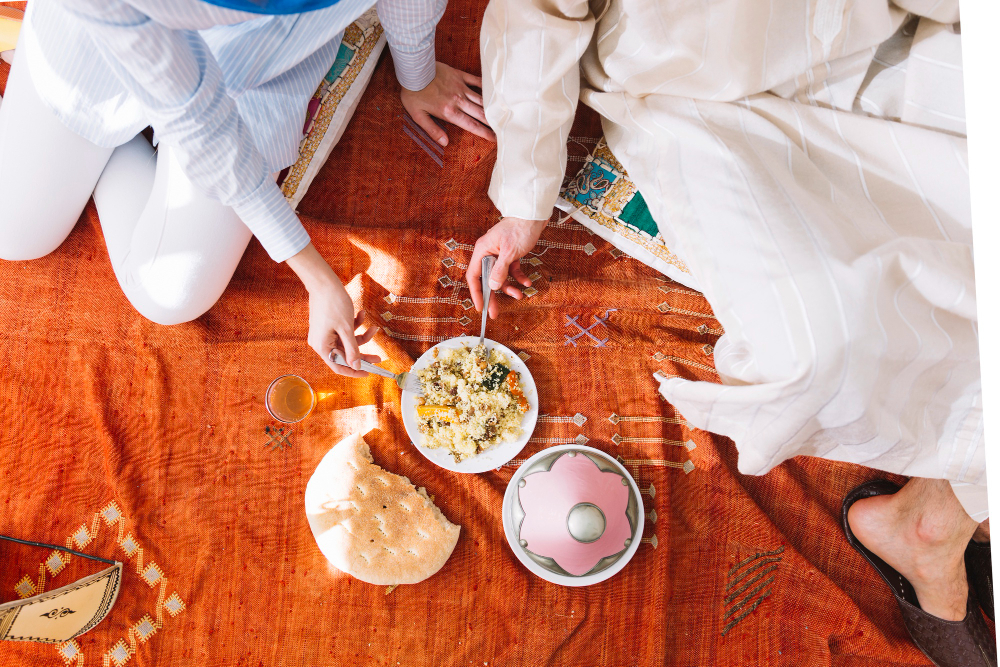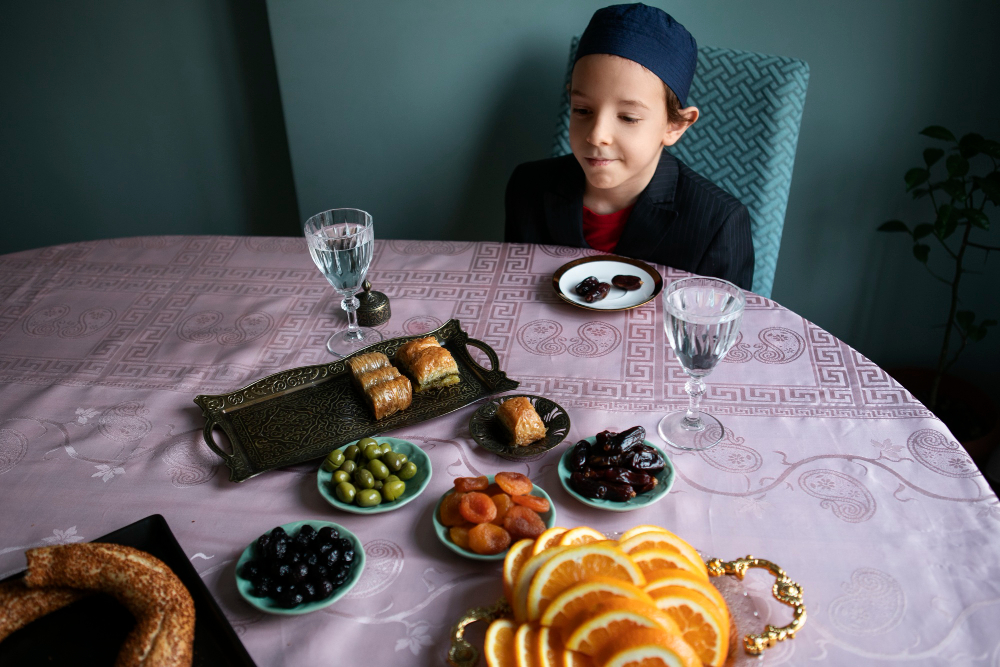The month of Ramadan is a sacred time for Muslims. During this time Muslims across the world observe a strict fast from sunrise to sunset with prohibition of both food and water. However, observing Ramadan fasts while managing kidney diseases requires careful consideration and planning. We spoke to Dr Garima Aggarwal, Consultant Nephrologist and kidney transplant specialist, Manipal Hospital, Varthur Road, Bangalore for precautions and tips for kidney patients observing fasting during Ramadan.
Don’t Skip Suhoor (Pre-Dawn Meal)
Breakfast is the most important meal of the day which you should never skip. During Ramadan, it becomes even more important because you don’t get to eat anything after that. It is advised not to skip Suhoor (pre-dawn meal) to have uninterrupted sleep. Skipping this meal will put your body on prolonged fasting as your body will need to rely on the previous meal to provide you with nutrients and energy. You might feel dehydrated and tired during the day. Moreover, you might overeat during Iftar (evening meal).

Keep Your Meal Rich In Nutrients
Whether it’s Suhoor or Iftar, make sure both meals are rich in carbohydrates, fats, protein, vitamins and minerals. Having a balanced diet (cholestrol friendly vegetables) during meal time will ensure enough energy in your body and fulfil the nutritional requirements.

Ensure Hydration
Drink as much water as possible during Iftar and Suhoor (low calorie dinner ideas) to reduce the risk of dehydration. Try to drink at least 8 glasses of water daily before dawn and after sundown. You can incorporate drinks like milk, fruit juices, soups, coconut water etc. as fluid. However, cut down the caffeinated drinks like coffee, tea and colas.

Limit Junk Intake
People on fasting often tend to treat themselves with junk and oily food which is not good for overall health. Thus, you are advised to limit high-sodium and potassium foods containing too much salt. Don’t vouch for junk food and try to eat healthy food during fasting as it will detoxify your body.
Don’t Miss: Women’s Health Essentials: Expert Tips On Nutrients Your Diet Shouldn’t Miss
Keep Moving
Fasting can be physically exhausting, yet you are advised not to follow a sedentary lifestyle. Try to incorporate any physical activity in your routine like brisk walking will keep your body energetic.

Don’t Miss: 7 Regular Kitchen Foods That Help Prevent Fatty Liver
Follow these tips to maintain nutritional requirements during fasting for Ramadan.
Image Courtsey: Freepik/Unsplash